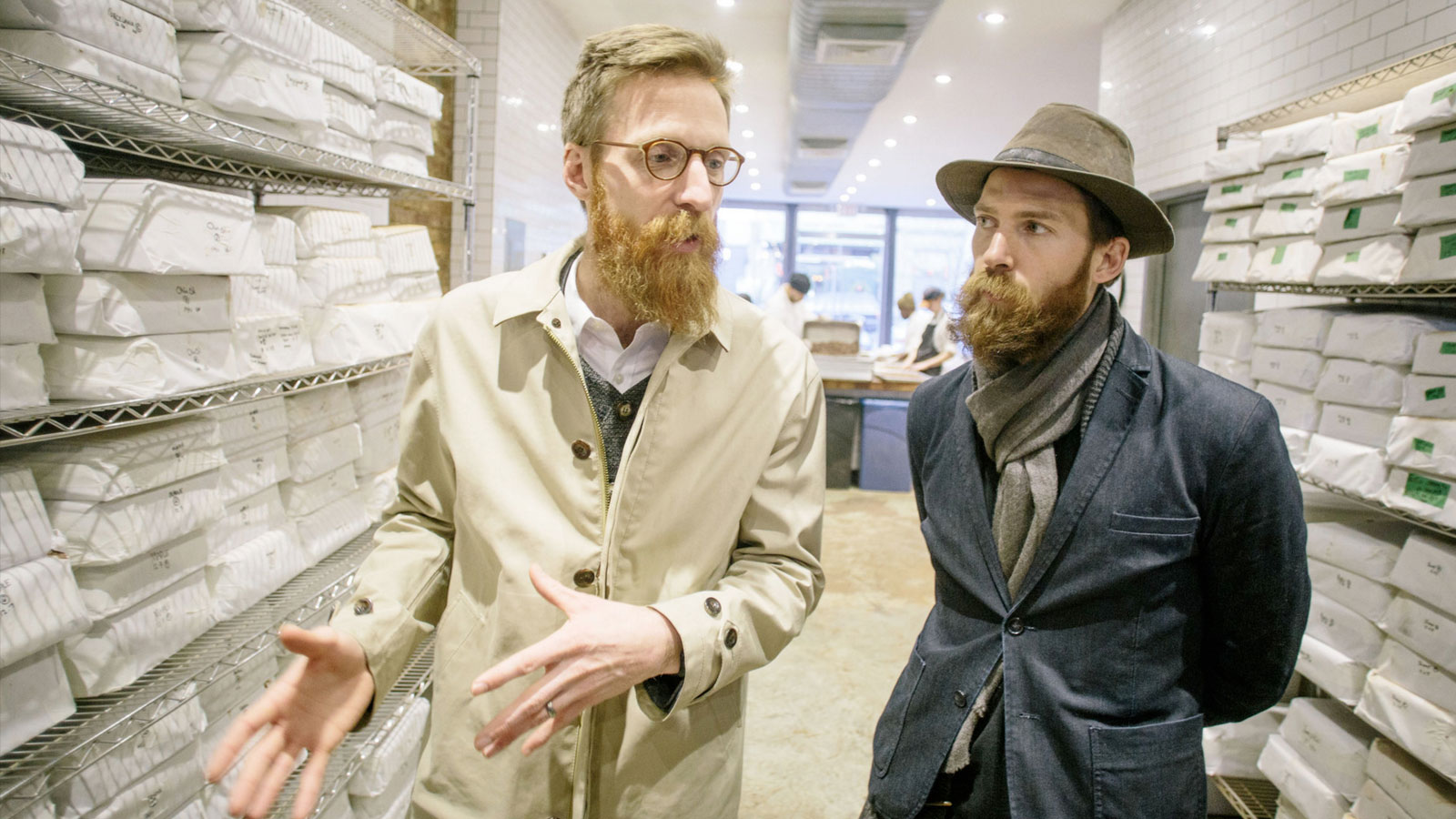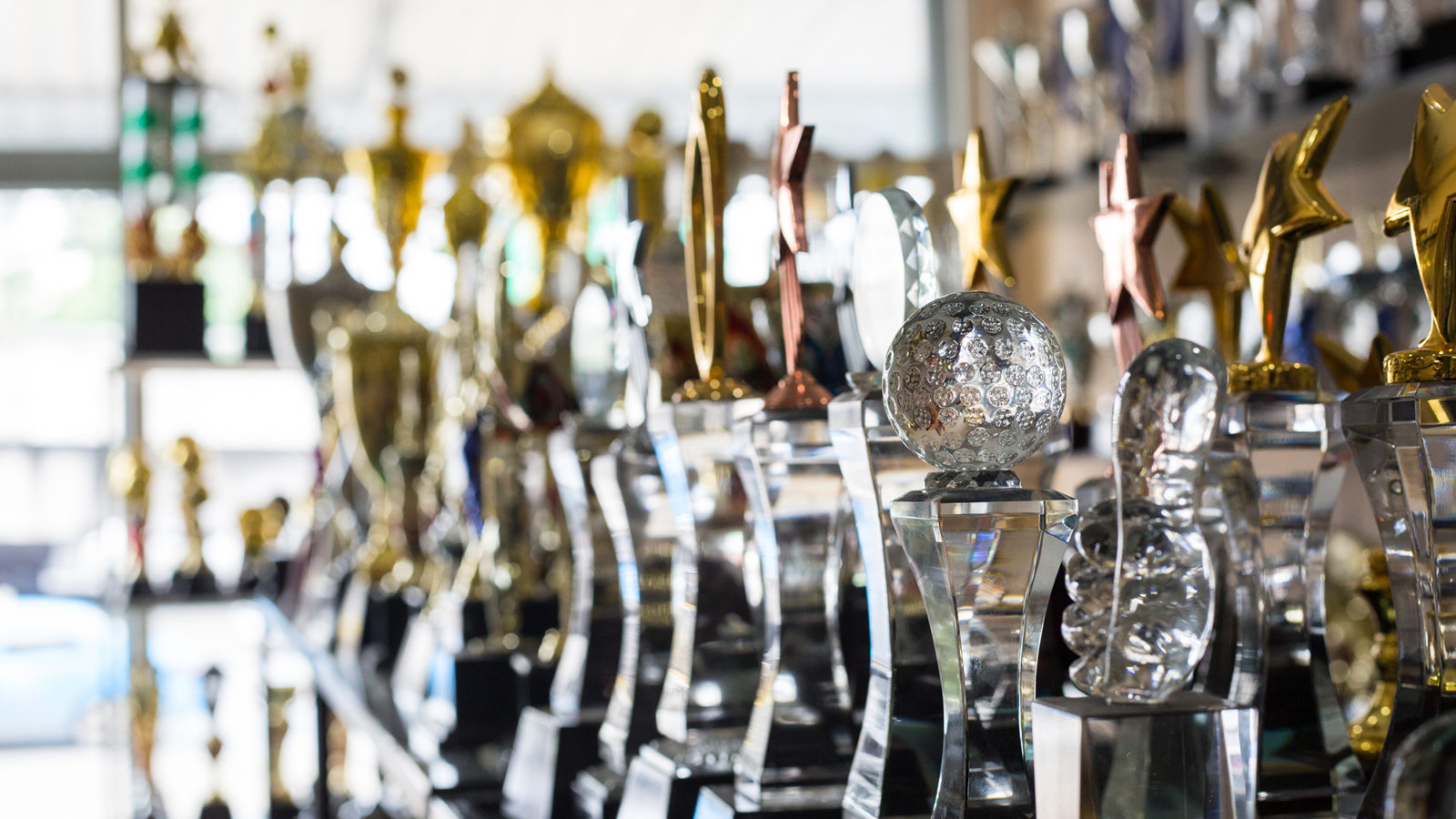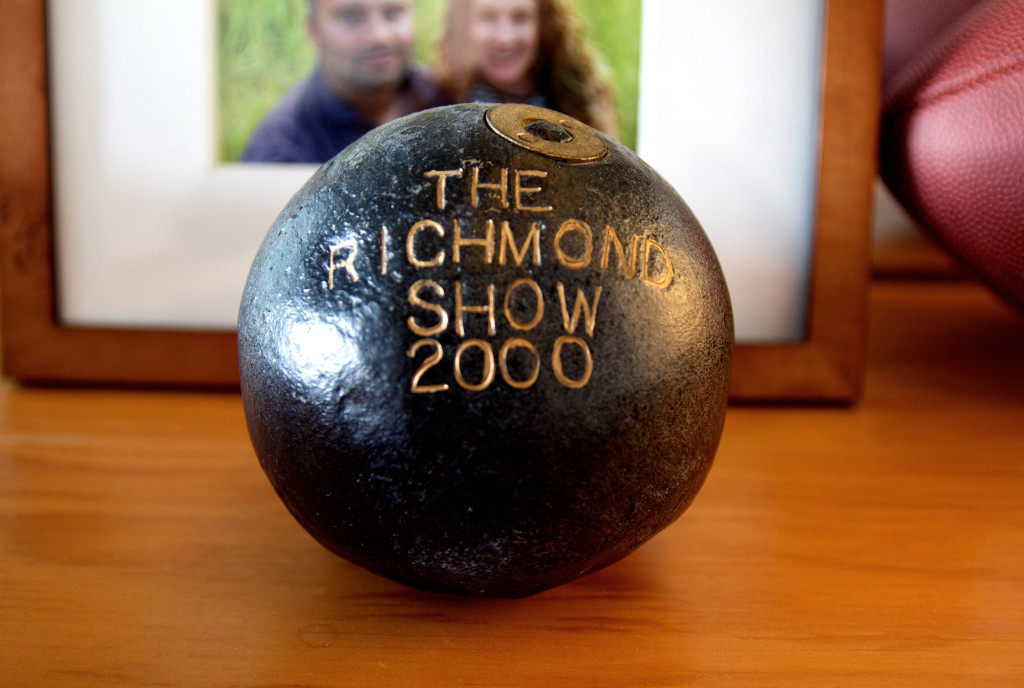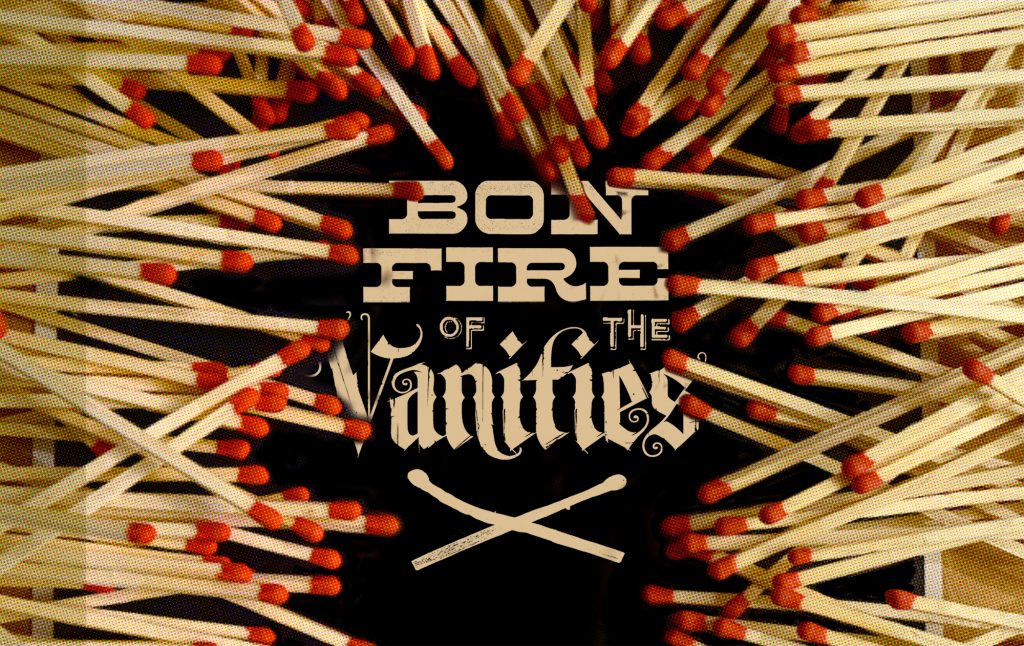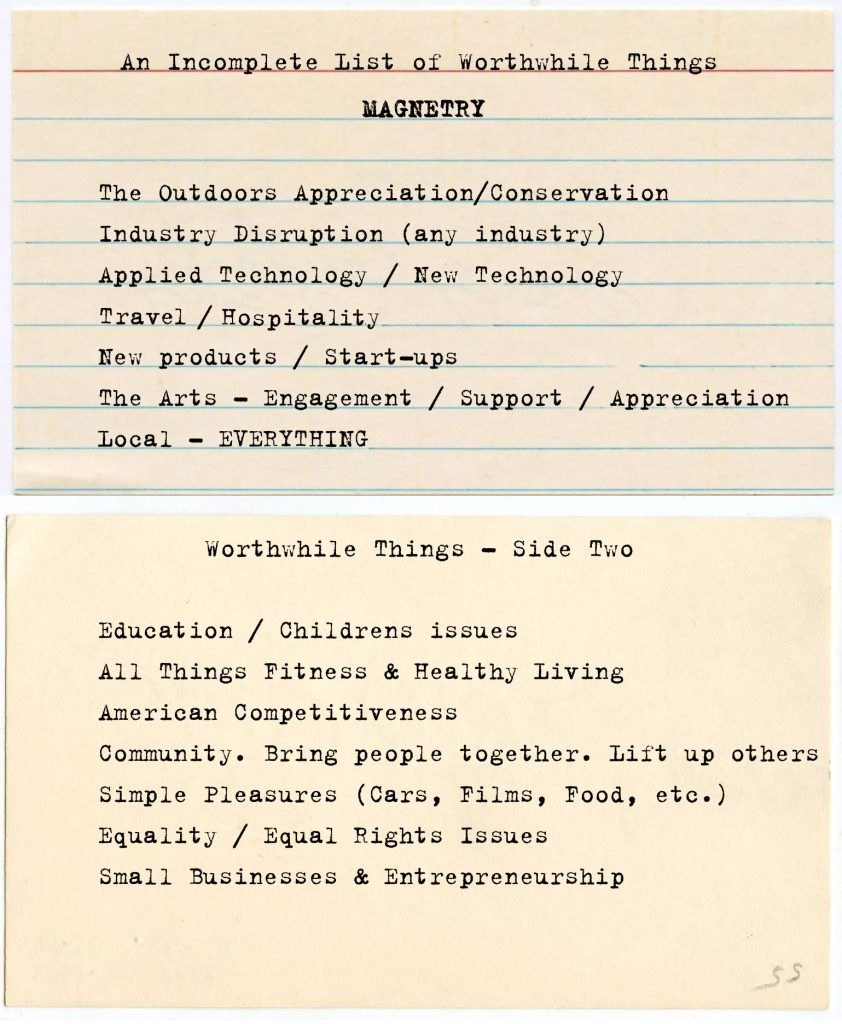I am a chocolate fiend and none of this milk chocolate stuff. I like my chocolate dark. (85-90% cacao, please.) My lady and I have a little hobby of trying as many different brands of chocolate as possible, with little regard to cost per ounce or where it comes from. Keep in mind, it might be the only real vice for either of us, and even the most expensive chocolate isn’t much of an investment lest you think of us as aristocrats or something more horrible. Some people like wine, some beer, and some foie gras. We like chocolate. You could say we travel as much as possible, but if we can’t literally go somewhere we visit by trying the chocolates of the world.
This past Sunday I ran across an article in the New York Times about chocolate and was contractually obligated to devour it, too. Turns out it really wasn’t about chocolate at all. The article, Unwrapping the Mythos of Mast Brothers Chocolate in Brooklyn, focuses on the questionable origins of the popular Brooklyn-based chocolatier, Mast Brothers. It mentions a four-part food blog takedown of the brand, which itself follows up an article in Slate last year, Chocolate Experts Hate Mast Brothers. Now, I personally can’t vouch for the accuracy of all the claims made in the articles but there is a lot of vitriol being directed at the brand.
THE MAST BROTHERS – LOOKING THE PART:
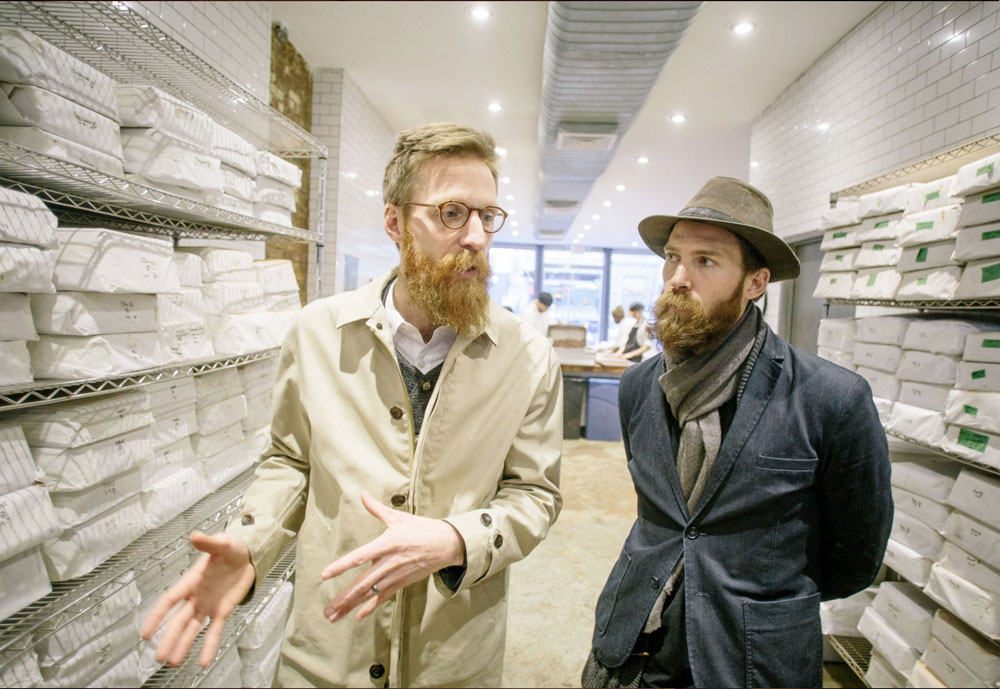
For the uninitiated, Mast Brothers’ products are expensive and their brand is the perfect example of homespun artisanal craft. Started by two brothers, out of their Brooklyn apartment – it has all the trappings of true hipsterdom and is branded accordingly. Wallpaper pattern packaging. The requisite san serif simplicity (Metro). The brutally spartan retail space. The charming heritage story. Right down to the beards of the brothers, this product screams authenticity and to their credit was one of the first bean to bar manufacturers in this country. The recent backlash basically states that the chocolate is terrible, and the branding is selling a what amounts to a culinary fraud. Dallasfood.org – the site which forms the foundation of the New York Times article, questions Mast Brothers’ honesty about how they learned to grind beans, the origin of the company, the ingredients they use, and get this – even their beards. Ouch.
The Masts did not become pariahs in the fine chocolate world because of their beards, publicity or product mediocrity,” the blogger, Scott Craig, wrote in the series, “What Lies Behind the Beards.” “It was because of their lies.
The most vicious attack on the chocolatier focuses on the fact that most experts do not believe the brothers were grinding their beans and making chocolate from scratch in their apartment, despite the brand story presented to the public. These experts accuse Mast Brothers of being remelters early on in their history. Remelters use industrial chocolate, called couverture, and do exactly that – melt it down and use it as their own creation. The brothers dismiss the claim by saying it was a time of experimentation while others point out that since their brand is based totally on a fabricated story and not the quality of the chocolate, the lie is reason to publically denounce them.
Honestly, I’m not a big fan of their chocolate and don’t care too much about which side of the fence you’ll fall on after reading this either. I’m not even particularly concerned that branding might have been used in this case to push authenticity, inauthentically. (Though that would make an interesting article on its own.) I’m not even concerned about this maybe heralding the much-needed end to hipster-styled design. What struck me most about this story was that one word. Remelters.
ALL THE BEAUTIFUL TRAPPINGS:
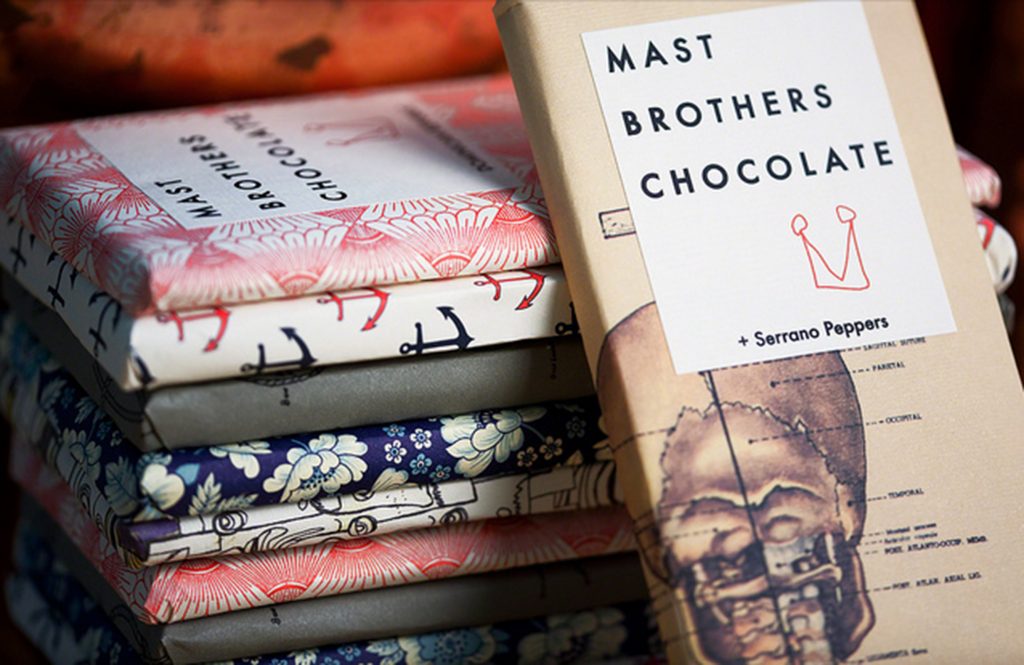
In the chocolate world, if you are a remelter – you are simply using someone else’s product and taking credit for the work of others. In other circles, you’d be labeled a poser. A charlatan. An imposter. Basically, you are pretending to be good at something. There is something painfully damning and harshly revealing about this word, Remelter. But this idea isn’t unique to chocolate or the culinary realm. Authenticity has been on my mind for some time because sadly, the marketing world is FULL of remelters. Agencies and shops branding themselves as something that they are not, with some clients not being quite sophisticated enough to know the difference once the work hits their palate. I certainly am not going to point fingers at these creative remelters (and that’s not my point anyway – we have enough problems of our own, thank you very much).
Agencies are easily the best remelters in the world, they drink their own kool-aid and eat their own PR better than any chocolatier ever could.
My concern is how does someone who leads a small but hungry shop market ourselves as the authentically creative problem-solvers that we are and yet distance ourselves from the shops that simply wrap an inferior or copied product in all the trappings, packaging and contrived backstory of the day? Agencies are easily the best remelters in the world, they drink their own kool-aid and eat their own PR better than any chocolatier ever could. I guarantee that. They claim they do work that they don’t. They claim they have experience they lack. They claim to be creative when they clearly put their money elsewhere. They hide behind mostly meaningless awards, templated creative, derivative strategy, and copy & pasted descriptors. They claim to be creative but invest in everything but. All chocolate crafted elsewhere by more talented others.
This is what keeps me awake at night. In a world where pretenders can copy, duplicate, and dress themselves in words like integration, creative, rebellion, digital, etc., easier than ever before—how does a shop express our originality and authenticity to potential clients? How can we get as far removed from the word remelter as possible? After all, for every 100 Mast Brothers, there’s a Patric Chocolate that deserves to be tried instead. (Or maybe the more approachable Theo.) To be transparent, I would be horrified if someone called our shop anything nearly as bad as ‘remelter’. As I write and share this thought however, I think that’s the difference in our industry. It’s not the shops that actually worry about this happening that are at risk. We are too angst-ridden, too-reflective, too honest and too scared to ever let that happen. Fear makes us better. Questioning makes us better. It’s the agencies that are so overly confident, so overly into themselves, and so shrouded in bullshit that they don’t realize or care they are simply remelting the work of others. I’ve seen it first hand.
My goal for Magnetry is for us to be a truly creative shop and not one merely in love with the word creative. Let us be always willing to put in the work. Let us not talk the walk, let’s walk it. At the end of the day, I’m still a firm believer that it’s the chocolate that matters and not the accoutrements, even for we in the accoutrement-making business. Focusing on the work and the results will no doubt cost us a lot of sleep because it’s the hard way. The right way. The authentic way. The labor intensive way. But when I do get to sleep, at least I’ll sleep more soundly knowing we will always strive to make our own, and to make it the best we possibly can. Our clients don’t get an over-hyped, glitzy firm of smoke and mirrors. They get a group of talented, hard-working craftsmen who love what they do too much to fake it.

